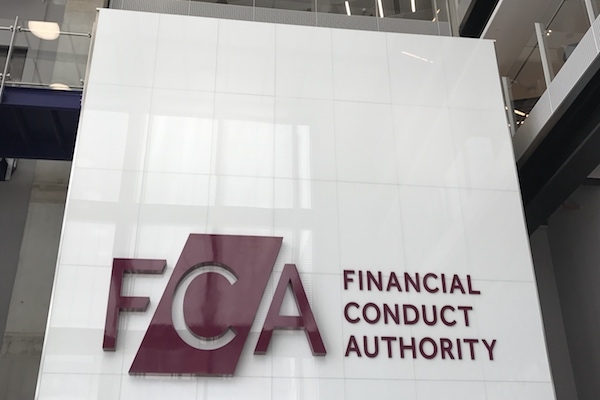Two fraudsters involved in a £17.9m scam which saw the FCA Register cheated to convince investors they were legitimate have been sentenced to a combined eight years in prison.
Peter Currie and Andrew Currie were sentenced to 5.5 years' and 2.5 years' respectively for fraud and money laundering following a prosecution by the Financial Conduct Authority.
The Curries fleeced consumers through a P2P platform called Collateral P2P.
Before its collapse into administration in February 2018, their Collateral P2P platform offered peer-to-peer style investments on a website fraudulently claiming it was authorised and regulated by the FCA.
In December 2015 Peter Currie, a Collateral director, swapped the details of a separate company he had agreed to sell - Regal Pawnbrokers Ltd - for the details of Collateral on the FCA’s public register.
Over the following 18 months, the company was advertised as authorised by the FCA to encourage people to invest in loans on the Collateral platform.
In January 2018, the FCA notified Peter Currie that it had uncovered the register change and ordered Collateral to cease unauthorised business.
Afterwards, Collateral not only continued to receive investments, but Peter and Andrew Currie also removed approximately £750,000 from Collateral client accounts.
At around the same time, the Curries appointed an administrator without informing the FCA as they were required to, and transferred £88,000 from Collateral funds. The FCA successfully challenged the appointment of the administrator in court.
A new administrator, appointed following the FCA’s intervention, estimated that of the £17.9m in customer loans outstanding at the time of Collateral’s collapse, approximately £11m will not be recovered.
That is because of significant shortfalls between the valuations applied to the property used as securities for the loans and the amounts the administrators have been able to realise on the market.
At the sentencing hearing last week, both defendants were also disqualified from being company directors.
In sentencing, His Honour Judge Griffith said of Peter Currie: “Collateral was built on foundations of sand and dishonesty as a result of his fraudulent register change.”
Talking about Andrew Currie, Judge Griffith said, “the clearest impression of your actions …. was to get more money out to the detriment of investors.”
Steve Smart, joint executive director of enforcement and market oversight at the FCA, said: ”Peter Currie fraudulently amended the Register to entice investors in, and together with Andrew, stole client money once they knew the game was up. Unfortunately, the investors will now be left to pick up the tab for the loans that have turned bad.
“The FCA has begun confiscation proceedings to recover the financial benefit obtained by the defendants, as well as compensation proceedings to recover investor funds. We welcome these significant sentences which show we will take every enforcement action at our disposal to pursue criminals and protect consumers.”
On 22 May Peter Currie was convicted of two counts of fraud (one by false representation as to the register, one by abuse of position) and one count of money laundering. Andrew Currie was convicted of one count of fraud by abuse of position and one of money laundering at Southwark Crown Court following a five-week trial.
On 7 July, Andrew Currie was sentenced to two years six months' imprisonment for fraud by abuse of position and two years six months' for money laundering contrary to s.327 of the Proceeds of Crime Act 2002. Both sentences to be served concurrently.
Peter Currie was sentenced to three years six months imprisonment for fraud by false representation, two years for fraud by abuse of position and two years for money laundering contrary to s.327 of POCA 2002. Counts 2 and 3 to be served concurrently but consecutively to Count 1.

